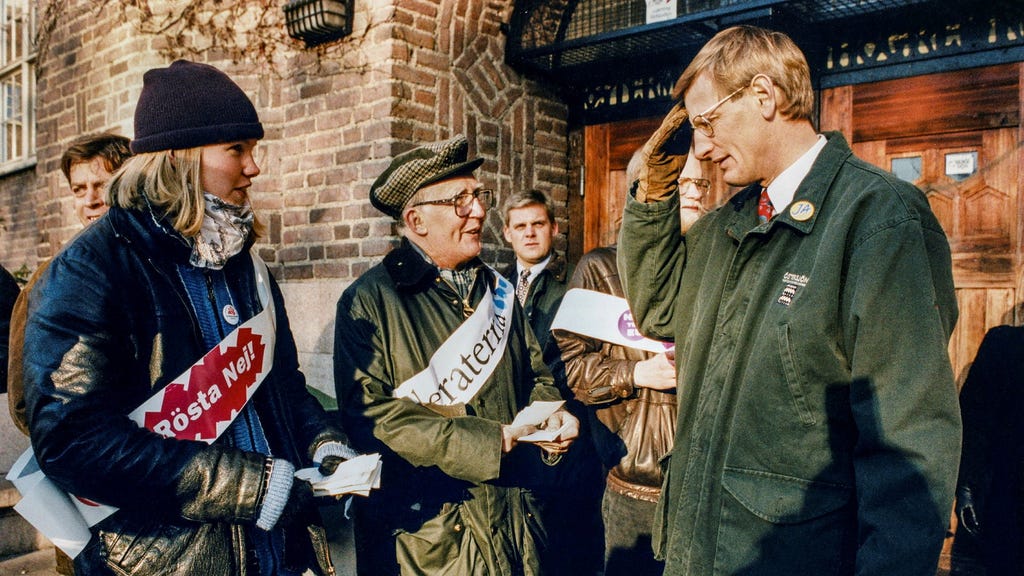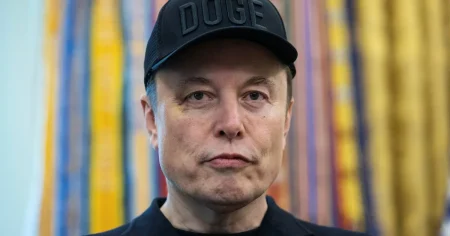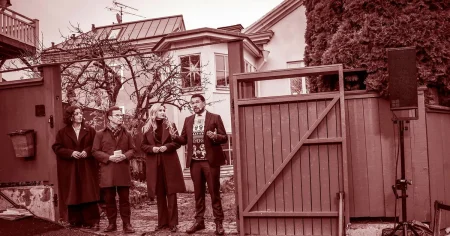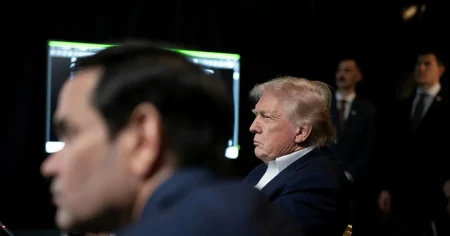Thirty years ago, the author’s support for Sweden’s EU membership was met with accusations of treason by some. The decision to vote ’yes’ wasn’t easy, fueled by concerns about the EU’s comparatively lax regulations on environmental protection, public health, and animal welfare. Practices like using antibiotics in animal feed, banned in Sweden but permitted within the EU, caused considerable anxiety. Despite being swayed by prominent figures like Astrid Lindgren who championed the ’no’ vote for animal welfare reasons, the author ultimately prioritized the wider geopolitical context of a post-Cold War Europe. The fall of the Berlin Wall and the collapse of communist dictatorships, coupled with figures like Vaclav Havel’s vision of a European future for Czechoslovakia, made remaining outside the EU seem illogical.
Time proved many of the ’no’ campaign’s fears to be exaggerated. Sweden secured temporary exemptions regarding antibiotic use in animal feed, and the EU ultimately adopted similar regulations across the board. Three decades later, the EU has become a driving force in pushing Sweden’s climate and environmental policies. Beyond the economic advantages of the single market, which could have been achieved through an EEA agreement like Norway’s, EU membership brought Sweden to the table where decisions shaping Europe’s future are made.
More significantly, EU membership instilled a vital political lesson learned by many European nations throughout the 20th century: the fragility of democratic institutions and the necessity of safeguarding them. Countries that had endured the horrors of Nazism, fascism, and communism recognized the need for checks and balances on state power and a deeper collaborative framework for democratic states. Sweden, having largely avoided these tumultuous experiences, had held a different perspective, prioritizing national strength, trusting in the benevolence of the state, and equating democracy with majority rule.
Joining the EU coincided with the incorporation of the European Convention on Human Rights into Swedish law, marking a significant shift. This transformation led to stronger protections for minority rights and individual freedoms, established the judiciary’s independence from the executive branch, and granted Swedish citizens the right to appeal government decisions in court. These changes fundamentally reshaped Sweden, aligning it more closely with European democratic norms and ultimately enhancing its democratic character.
However, the ’no’ campaign in the 1994 referendum did raise a valid point, albeit with exaggerated implications. Their argument centered on the potential loss of national sovereignty, highlighting how EU membership would limit the Swedish parliament’s autonomy on issues like animal feed regulations. While the Ja-sida downplayed these concerns, the reality of shared decision-making within the EU framework couldn’t be denied. EU membership necessitates a transfer of some national decision-making power to common institutions to address cross-border challenges. This voluntary surrender of sovereignty, while uncomfortable, is the very essence of the EU’s collaborative structure.
Sweden took decades to fully grasp this concept. Historically, its reluctance to join the then-EEC stemmed from neutrality concerns and a resistance to ceding sovereignty to supranational bodies governed by majority rule. This stance persisted until the early 1990s. Now, such criticisms are primarily voiced by far-right nationalists, accusing those supporting EU membership, like the author, of betrayal. These groups advocate for absolute national sovereignty, a position that would effectively dismantle the EU as it exists today. The EU is not without its flaws and requires ongoing scrutiny and reform. Concerns about shared sovereignty should be acknowledged and debated, not dismissed.
Despite its imperfections, the EU framework has demonstrably benefited Sweden over the past 30 years. The accusations of treason, therefore, hold little weight. The author’s stance remains firm: EU membership, while demanding a degree of shared sovereignty, has ultimately strengthened Sweden’s democracy and its position in the world, making it a ”better and more European country.” The article concludes by referencing other pieces by the same author addressing the complexities of EU foreign policy and the challenges faced by individual commissioners within the EU structure.














